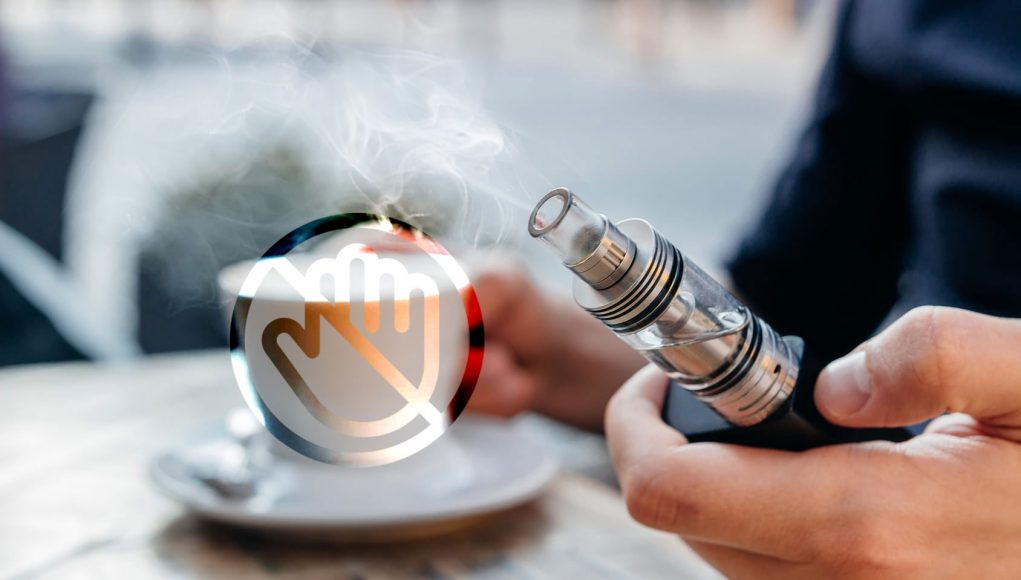Anung Sugihantono, Indonesia’s director general of disease control and prevention, said that the government is revising current vaping regulations. “The ministry’s stance is consistent: we want to ban, not limit, vaping and e-cigarettes.”
This move is thought to have been motivated by the fact that a teenager in central Philippines, who had been vaping for six months, was recently diagnosed with a lung condition, thought to be first known case of EVALI in Asia. Indonesia has not reported any cases of the condition, and Indonesian Personal Vaporizer Association Chief, Garindra Kartasasmita, said that local smokers are reporting benefits in switching from smoking to vaping.
EVALI linked to illegal THC
Meanwhile last month, the US Centers for Disease Control and Prevention (CDC) announced that the infamous lung disease, is almost certainly not linked with vaping legal nicotine products, but with the consumption of illegal THC products.
Commenting on the CDC report, Professor in the Department of Community Health Sciences at Boston University’s School of Public Health, Dr. Michael Siegel, explained that in line with previous research, the evidence is pointing to the consumption of vitamin E acetate oil.
“They tested lung tissue samples from 29 case patients and all 29 (100%) were found to contain vitamin E acetate oil. This finding does represent a major breakthrough for four reasons:
- The vitamin E acetate oil was detected in the actual lung tissue of the case patients.
- The vitamin E acetate oil was detected in every single one of the lung tissue samples from these 29 case patients.
- The samples came from 10 different states, confirming that the outbreak seems to have a common cause, rather than geographic variation.
- Three of the patients whose lung samples revealed vitamin E acetate had reported using only nicotine-containing products, thus confirming that there is significant under-reporting which may explain why about 11% of the patients do not report vaping THC.
Read Further: Bloomberg








